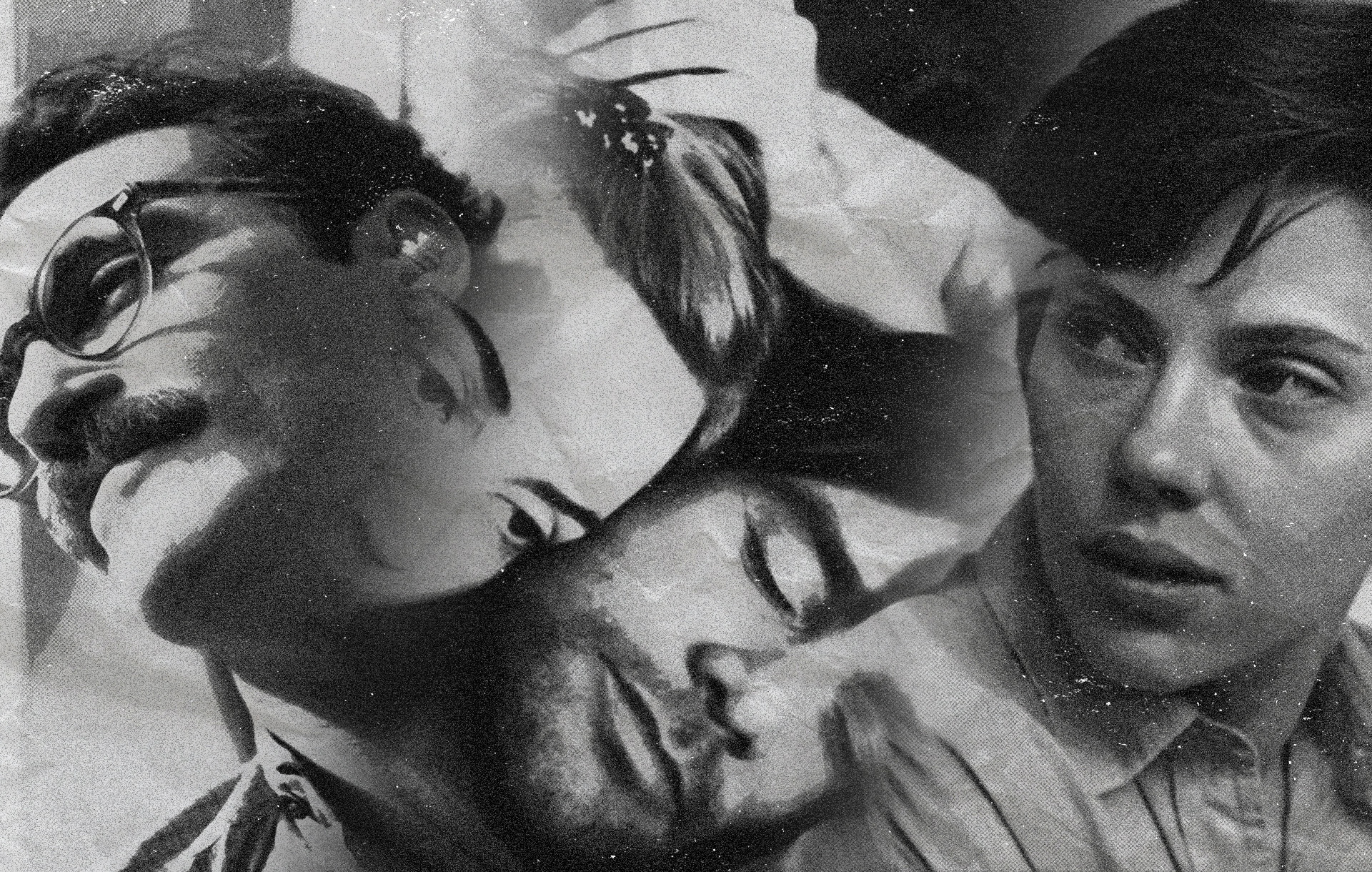At some point in our lives, we will go through a roller coaster of sadness, depression, anxiety, and loneliness. Some people drown out the noise and pain through vices or laughter, and there are some who find solace in watching heart-tugging films.
I am one of those people who oddly find immense pleasure and comfort not in watching comedic or action films but rather in emotional and melancholic ones that put a dart to the heart. Films such as Before Sunrise (1995), Eternal Sunshine of the Spotless Mind (2004), Her (2013), and Marriage Story (2019) are just some of the remarkable stories that made an indelible mark not just in the history of cinema but also in many people’s lives, including myself.
My affinity towards these kinds of stories sparked my curiosity to further understand if there is actually a psychological explanation as to why we gravitate towards sad films especially when we are in a state of despair.
When Sadness May Be Good For You
Psychologists have conducted studies over the years, which prove that good chemicals in the brain such as endorphins are boosted when we watch melancholic or traumatizing films for various reasons. Not to mention, crying is actually healthy because it also releases feel-good chemicals such as oxytocin that reduce stress and pain.
When we watch films in general, it’s not only because we want to escape from reality or be entertained, but rather to experience emotions that make us feel understood and seen. When we relate and empathize with the characters and story, it helps us understand others as well as process our emotions and situation better because it allows us to learn from other people’s experiences. Also, knowing how they overcame their struggles instills hope and courage within us to defeat our own.
Watching melancholic films also gives us the chance to put ourselves into the shoes of the characters and experience what it’s like to go through their struggles in a safe and protected environment. This is beneficial because it prepares and equips us with the necessary tools on how to act and cope better in the event of finding ourselves in the same or similar predicament in real life.
An interesting aspect we may not realize is that sad stories make us more grateful and appreciative of our lives despite the challenges and difficulties we are personally going through. There are instances when certain scenes or characters remind us of the blessings we have in life or the kind of relationships we have with our loved ones. It evokes positive feelings because oftentimes we can be too hard on ourselves and we tend to overlook the good things that are right in front of us.
The next time you are feeling blue or under the weather, putting on a sad film might just be the remedy you need. Studies have proven that watching these kinds of films could definitely have a positive impact on our mental health and well-being because it effectively boosts our mood by releasing feel-good chemicals in our brain as well as provide insight on how we could build quality relationships and better cope with our emotions instead of letting it consume us.
However, we still need to be careful and mindful of the kind of content we expose ourselves to especially when we are in an extremely vulnerable and dark place. In these cases, it’s always best to seek a professional to get the proper care and support you need to restore your health and wellness. Nonetheless, it’s comforting to know that we can easily resort to films to keep us company and make it a bit better when the going gets tough.




